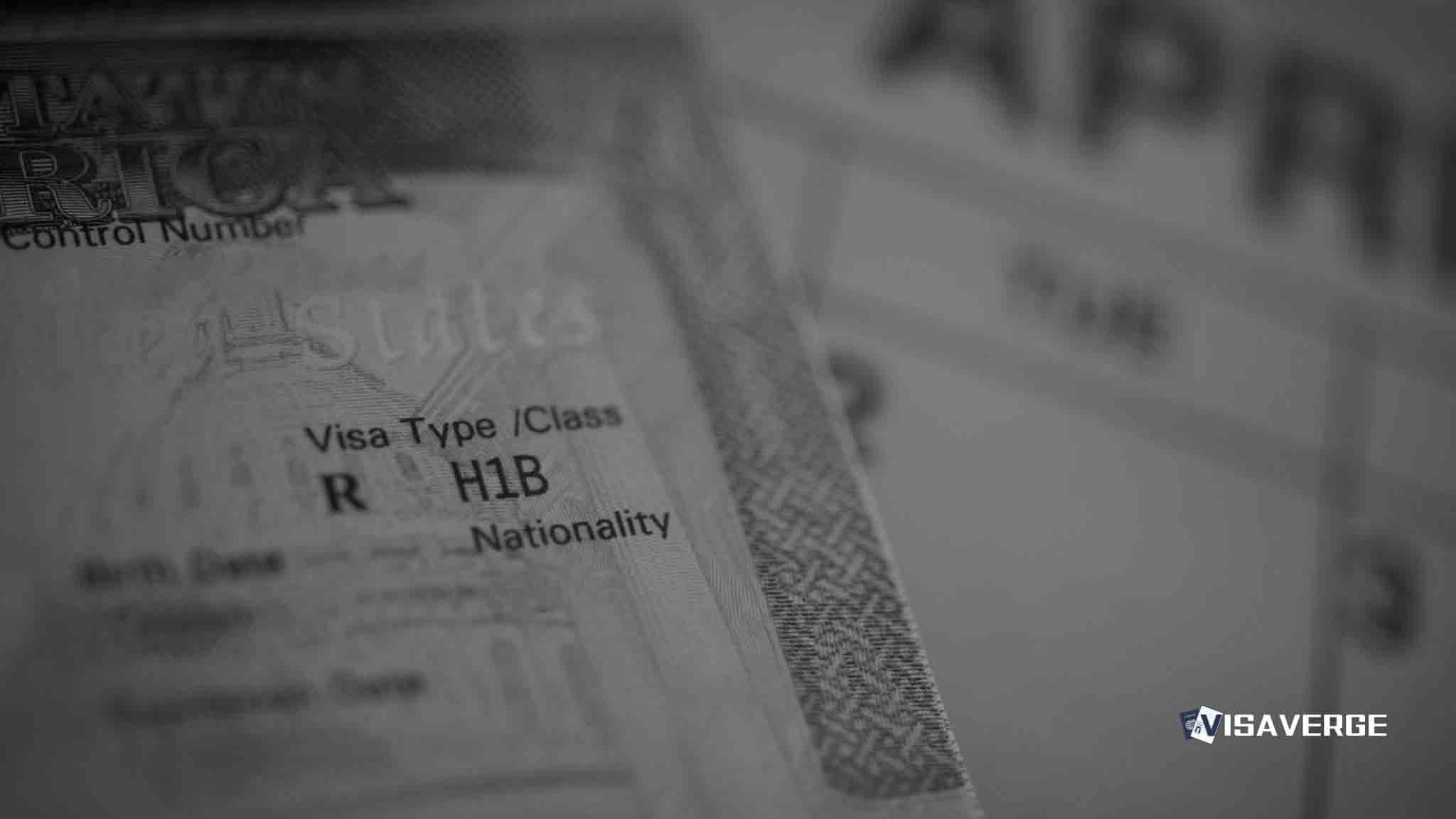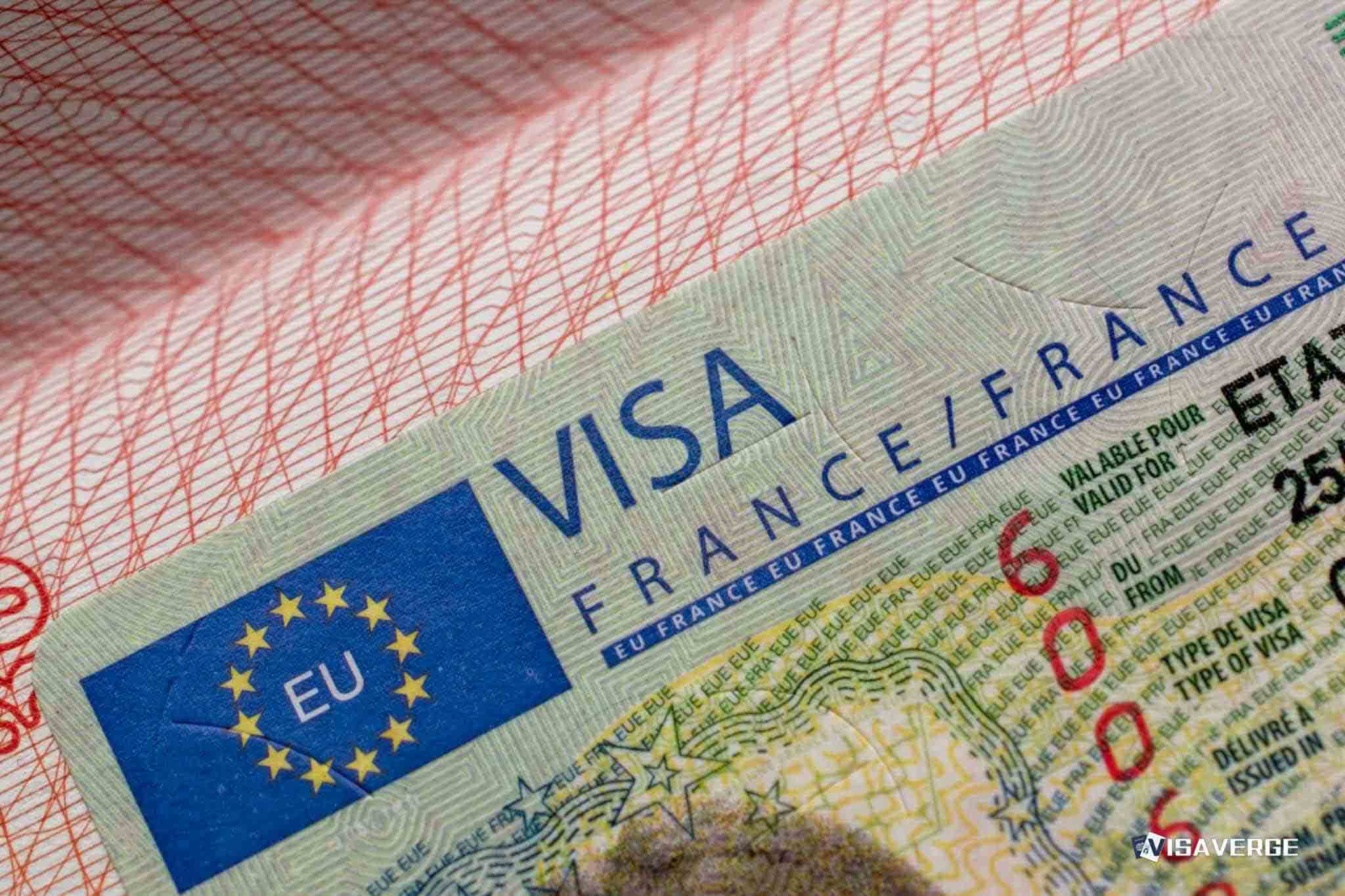Britain’s Battle with Immigration: A Shift in Strategy
For more than a decade, Britain has grappled with the complexities of immigration policy. With the Conservatives at the helm since 2010, their commitment to lowering net migration figures to fewer than 100,000 a year has been a recurring pledge. Post-Brexit, the narrative of “taking back control” of Britain’s borders amplified, and by 2019, the Tory manifesto included a clear intention to curtail immigration, albeit without specific targets.

However, despite these intentions, immigration levels have soared. The Office for National Statistics (ONS) reported a leap to a net 672,000 new arrivals in the year leading up to June, with revisions pushing 2022 figures to an unprecedented high of 745,000.
Political and Judicial Pushback on Immigration
Behind the political scrim, tensions brew within the Conservative Party. Recently, after a Supreme Court ruling against their plan to send asylum-seekers to Rwanda citing it as unlawful, Home Secretary James Cleverly disclosed fresh legislation on December 6th.
“This bill orders the courts to ignore certain domestic and international human-rights law,” Cleverly stated, aligning with a newer treaty intended to assure that those deported to Rwanda would be safe. Yet, for Conservative hardliners, these measures are insufficient, igniting calls to sidestep more extensive legal obligations, including those tied to the European Convention on Human Rights.
Economic Implications of the Immigration Clampdown
The effort to slice legal migration by 300,000 people is now underway, influenced by both political and economic pressures. The government has revealed a series of measures projected for spring. Among these, the UK work visa salary requirements for 2023 will reach a new threshold of £38,700 ($48,800), a substantial hike from the previous £26,200. Other steps include:
- A review of visa exemptions for sectors plagued by labor shortages
- Stricter rules concerning spouses and dependants accompanying foreign workers
Experts perceive these policies as maneuvers with double-edged consequences. While designed to curb net migration, there’s apprehension about the impact on the labor market and industries already battling recruitment issues, such as the unfilled job vacancies which stand at 957,000 as per the ONS’ latest count.
Regional Disparities and Sector-Specific Exemptions
Concern arises, particularly around the regional discrepancies the new salary requirements might highlight. The £38,700 cut-off point is less than the median full-time salary in London but significantly above median earnings elsewhere, notably in regions like the North-West and the East Midlands.
In the health and social care sectors, the landscape looks somewhat different. Exempt from the new salary rules, these sectors have nonetheless been hit with a restriction – workers can no longer bring dependants. This policy change alone will inevitably affect net migration numbers and potentially detour essential workers from choosing the UK as a destination.
Stricter Rules for Family Member Visas
Britons seeking to secure visas for family members, particularly foreign spouses, will also confront more demanding income requirements. The threshold will skyrocket from £18,600 to £38,700 – making the process significantly more challenging for those earning less, especially younger individuals and those residing outside London and the South-East.
Voter Concerns and Economic Growth
Immigration remains a salient issue for the British populace. YouGov polling reveals that 40% of Britons see immigration and asylum-seeking as pressing national matters, up from less than 20% in early 2021. However, while the government’s intent is clear, the implications stretch beyond immigration figures. There is an overarching concern that the curtailment of legal migration might stifle economic growth, a particularly vexing dilemma for a government that has promised to secure national stability.
Conclusion
As Prime Minister Rishi Sunak navigates these turbulent waters, the inherent contradictions between delivering on electoral promises and sustaining a robust economy become starkly apparent. The drive for stringent control over the Britain immigration policy introduces challenges that resonate on economic, social, and humanitarian levels. Critics argue for a nuanced approach, one that guards the nation’s borders without undermining its economic vitality or contravening human rights.
The debate over how to balance the need for control with the requirements of a dynamic economy continues to divide, even among those typically in favor of tougher immigration stances. The ideal balance between strict immigration controls and economic vitality remains a contentious quest for Britain’s leaders and its people.
For more in-depth understanding of the United Kingdom’s immigration policies and visa application processes, individuals and businesses can refer to the gov.uk official immigration page.
Learn Today:
Glossary or Definitions
- Net Migration: The difference between the number of people immigrating to a country and the number of people emigrating from that country during a specific period of time. It is calculated by subtracting the number of emigrants from the number of immigrants.
-
Conservatives: A political party in Britain that advocates for conservative policies and principles. The Conservative Party has been in power since 2010 and has emphasized the goal of reducing net migration to the country.
-
Brexit: A term used to refer to the withdrawal of the United Kingdom from the European Union (EU). The Brexit referendum took place in 2016, and the UK officially left the EU on January 31, 2020.
-
Tory Manifesto: The official policy document released by the Conservative Party prior to a general election. It outlines the party’s goals and proposals if they form the government.
-
Office for National Statistics (ONS): The UK’s largest independent producer of official statistics. The ONS collects and publishes data on various aspects of the UK’s population, including immigration and migration figures.
-
Supreme Court: The highest court in the UK. It has the final authority in interpreting and applying the law, including making decisions on immigration-related cases.
-
Asylum-seekers: Individuals who have left their home countries and are seeking international protection from persecution or harm. They apply for asylum in another country and are awaiting a decision on their refugee status.
-
Human-rights Law: A body of laws and principles that protect and promote the fundamental rights and freedoms of individuals. It includes both domestic laws and international agreements, such as the European Convention on Human Rights.
-
Domestic obligations: Legal obligations that a country has within its own borders. These obligations are derived from the country’s laws and regulations.
-
European Convention on Human Rights: An international treaty signed by member states of the Council of Europe. It protects the civil and political rights of individuals and establishes the European Court of Human Rights to oversee the implementation of the treaty.
-
Migration: The movement of individuals from one place to another, typically with the intention of settling in the new location. It can be voluntary or forced, and may be driven by various factors such as economic opportunities, political instability, or seeking refuge.
-
Labor shortages: A situation where there is a lack of available workers to fill job vacancies in a particular industry or region.
-
Visa exemptions: Exceptions or special provisions that allow certain individuals or groups to enter a country without the need for a visa. Exemptions are typically granted based on specific criteria, such as citizenship, occupation, or purpose of travel.
-
Dependants: Individuals who rely on another person for financial or emotional support. In the context of immigration, dependants can include spouses, children, or other close family members of a foreign worker.
-
Median Salary: The middle value in a list of salaries arranged in ascending or descending order. It represents the wage at which half of the employees earn more and half earn less.
-
North-West and East Midlands: Regions in the United Kingdom with distinct geographical boundaries. The North-West includes cities such as Manchester and Liverpool, while the East Midlands includes cities such as Nottingham and Leicester.
-
Spouses: Legally recognized partners in a marriage. In the context of immigration, spouses of foreign workers may be eligible for dependent visas to accompany their partners to another country.
-
Income Requirements: Minimum levels of income that individuals must meet in order to qualify for certain visas or immigration programs. These requirements are set by the government and are intended to ensure that migrants can support themselves and their dependants.
-
YouGov Polling: A company that conducts surveys and polls to gather public opinion data. YouGov is known for its political polling and regularly releases reports on various topics, including immigration.
-
Robust Economy: A strong and stable economy that exhibits resilience and consistently performs well. A robust economy typically experiences growth, low unemployment rates, and stability in key economic indicators.
-
Humanitarian: Relating to the principles and practices of promoting and protecting the welfare and dignity of all individuals, particularly those in need or vulnerable situations. Humanitarian concerns in the context of immigration involve addressing the rights and well-being of migrants and refugees.
-
Dynamic Economy: An economy characterized by constant change, innovation, and adaptability. A dynamic economy is typically driven by entrepreneurship, technological advancements, and a highly skilled workforce.
Well, folks, there you have it – Britain’s battle with immigration summed up in a nutshell! From political pushback to economic implications, it’s clear that finding the balance between control and growth is no easy feat. If you’re craving more juicy details and a deeper dive into the topic, head over to visaverge.com for all your immigration curiosities. Trust me, it’s a goldmine of information! Happy exploring, and remember, the world is full of stories just waiting to be discovered.
This Article in a Nutshell:
Britain’s battle with immigration has led to a shift in strategy. Despite the government’s goal of lowering net migration, levels have soared. New legislation and stricter rules are being implemented, which may impact the labor market and exacerbate regional disparities. Balancing control and economic vitality remains a contentious challenge.








